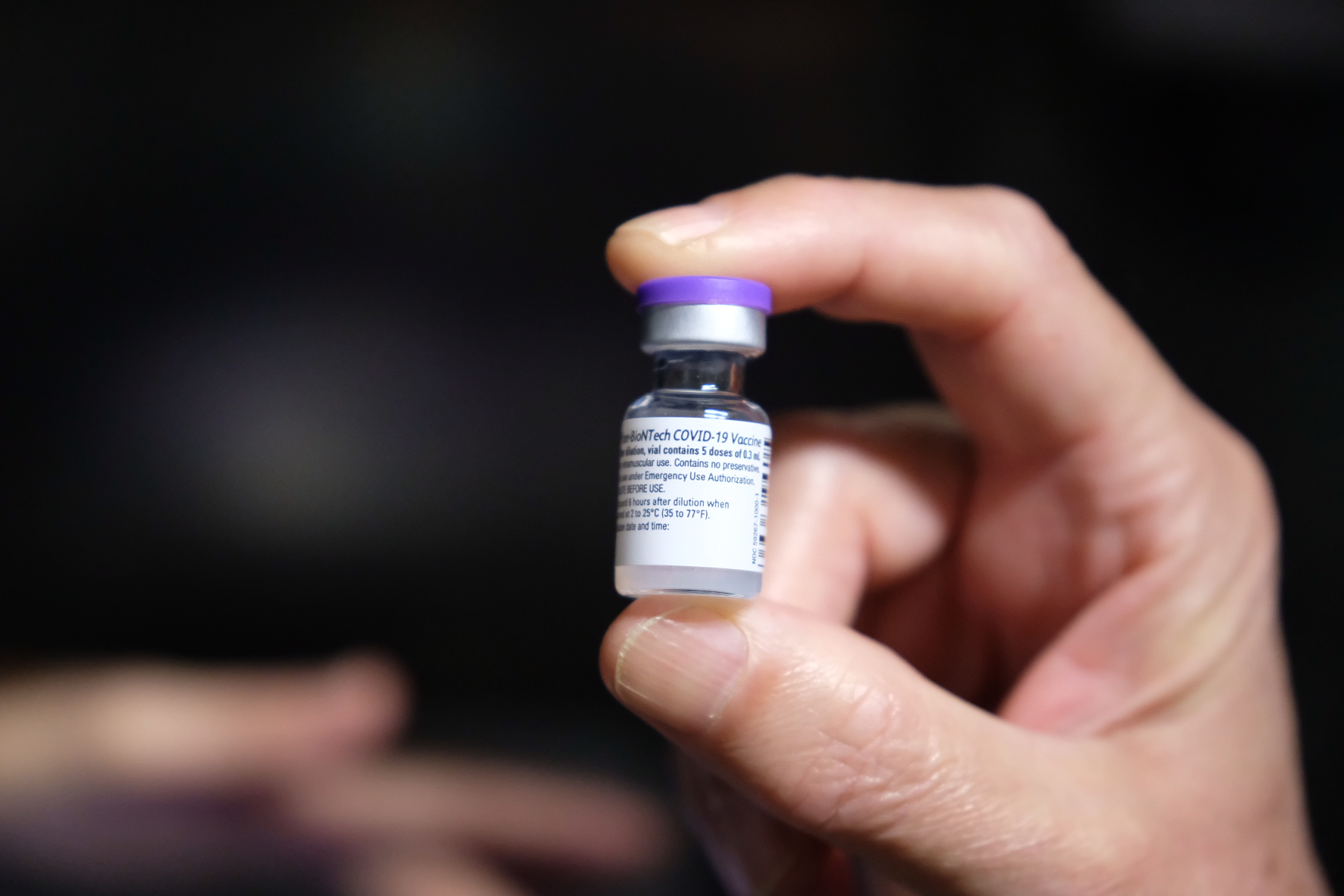Better evidence, more trust – Drug regulators can improve decision-making to reassure public on vaccines
London School of Hygiene & Tropical Medicine https://lshtm.ac.uk/themes/custom/lshtm/images/lshtm-logo-black.png Thursday 8 April 2021
At a record pace, the first new vaccines were developed and entered the market in less than a year since the sequencing of the new SARS-CoV-2 virus. This astonishing achievement was made partially possible due to decades of basic research targeting the underlying biology of similar coronaviruses, and earlier clinical development efforts with the utilised vaccine platform technologies.
Several COVID-19 vaccines have entered the market under special conditions of use. Currently, in the United States the Food and Drug Administration (FDA) has issued an Emergency Use Authorization (EUA) for three products, while the European Medicines Agency has granted four products with Conditional Marketing Authorization (CMA) in Europe. Many more are expected to reach the market in the next few months.
Such scientific and regulatory advances resulting in safe and effective vaccines – alongside physical distancing measures and lockdowns – have helped societies, and the world, become more optimistic about the eventual return to normal life. However, it has become increasingly evident that more time will be needed for this pandemic to end, due to vaccine supply restrictions at manufacturing level, and the potential future mutant strains against which existing vaccines might be less effective.
Public trust is another important feature for effective COVID-19 vaccination strategies. Polls in the fall of 2020 indicated that majority of Americans would be reluctant to get a COVID-19 vaccine once available, worrying that political pressure could cause the US FDA to rush its review. Although public confidence seems to have improved, its nature is dynamic and delicate. Events with perceived negative implications, such as the potential occurrence of rare and serious adverse events, or manufacturer’s misreporting of inaccurate information from clinical studies, could adversely affect vaccine uptake, potentially undermining public health efforts to achieve herd immunity.
Such issues are likely to endure as future health challenges emerge for the existing and new coming vaccines. With the ongoing importance of immunization strategies for COVID-19, we must carefully consider the causes of public skepticism and better protect against them.
It is crucial the public understand the special conditions of the regulatory decisions when bringing such products into the market. For example, unlike FDA full approvals, EUA is an extraordinary measure, becoming effective only after an official declaration that the United States is encountering a chemical, biological, radiological, or nuclear threat. Therefore, many EUA assigned products might never become fully FDA-approved.
In March 2020, US government officials sought to reassure the public by highlighting the potential effectiveness of hydroxychloroquinine, a malaria treatment, against COVID-19. The drug was issued an EUA the following month, however the decision was revoked in June due to serious adverse events revealing the benefits did not outweigh the risks. Misleadingly optimistic statements about the efficacy of medical products ahead of complete regulatory approval could similarly undermine trust.
This demonstrates the need for the public to be aware that medical products in need of approval by regulatory authorities, such as the FDA and EMA, involve an inherent trade-off between the speed of availability and the evidence available. In turn, when evaluating the merits of faster availability, policymakers should weigh product benefits and risks, but also the potential implications to public credibility and trust when products are released into the market based on early (and possibly insufficient or weak) evidence.
Our latest paper in Vaccine highlights that ensuring evidence-based decision making is central for COVID-19 vaccines, and recommends a set of relevant measures during the pre-licensing, licensing and post-licensing stages of the FDA regulatory review. At pre-licensing, these include restricting the endorsement of products by government officials until they become fully approved or licensed, and ensuring that established whistleblowing processes for FDA staff are fit-for-purpose. Reporting requirements of clinical trial protocols before their initiation should be expanded for greater transparency, and clearer information about key efficacy and safety outcomes should be provided to recipients of vaccines under EUA. We also suggest that FDA’s EUA should be granted in a stepwise manner and in line with the latest scientific knowledge, by authorizing vaccine administration to higher risk subgroups first, and progressively expanding to include the broader population as the required evidence becomes available.
New measures to safeguard the evidence-based decision making of forthcoming vaccines could enhance public understanding and trust. This should strengthen regulatory authorities’ credibility and increase the successful uptake of safe and effective vaccines.
Publication:
Aris Angelis, Jonathan Darrow. Safeguarding evidence-based decision making in the FDA for COVID-19 vaccines. Vaccine. DOI: 10.1016/j.vaccine.2021.03.053
LSHTM's short courses provide opportunities to study specialised topics across a broad range of public and global health fields. From AMR to vaccines, travel medicine to clinical trials, and modelling to malaria, refresh your skills and join one of our short courses today.